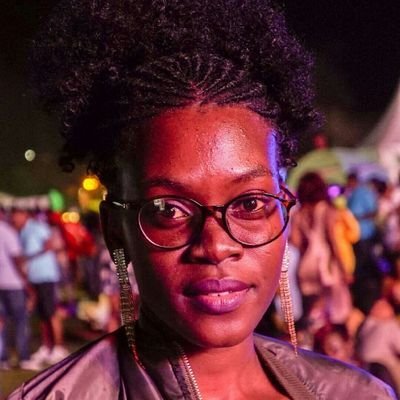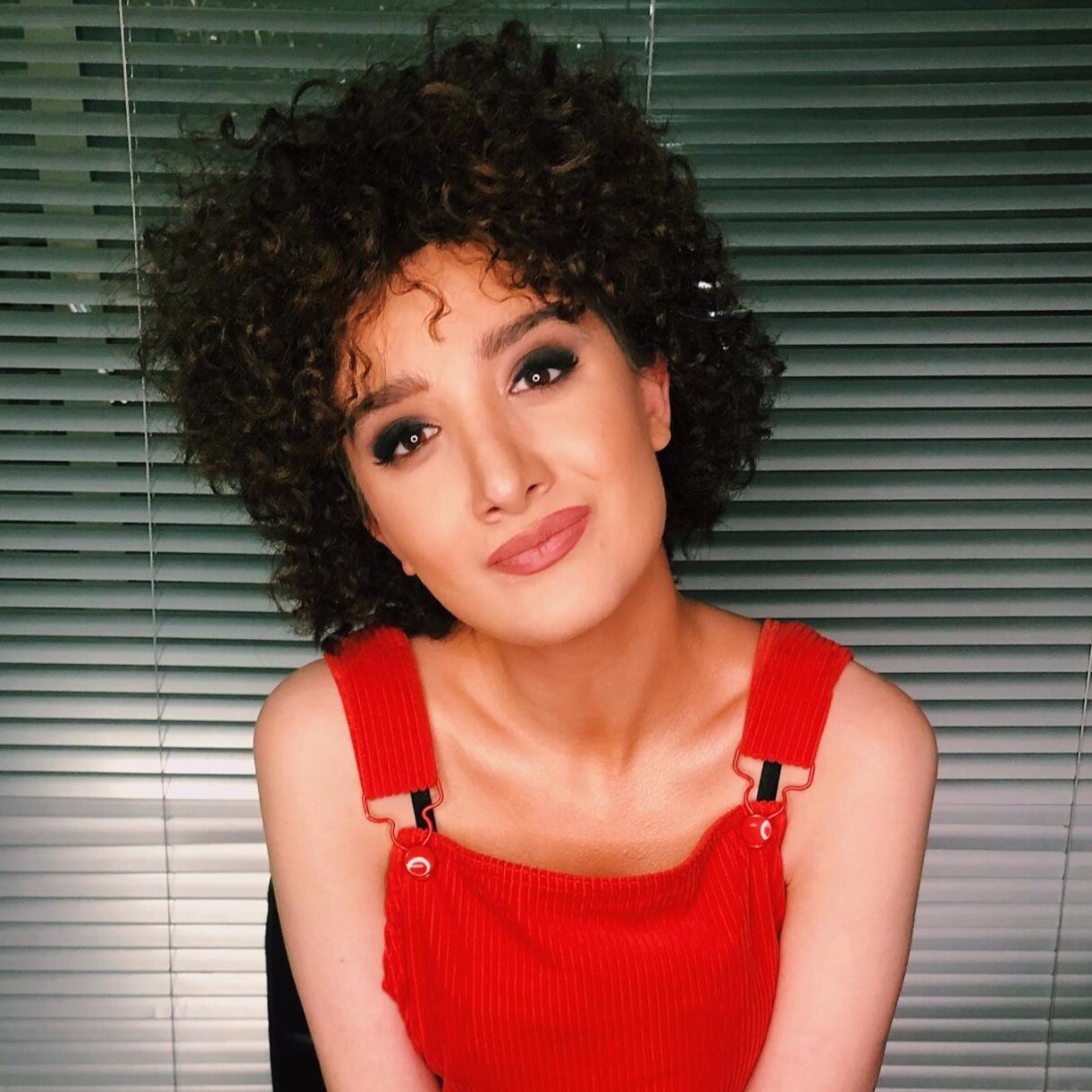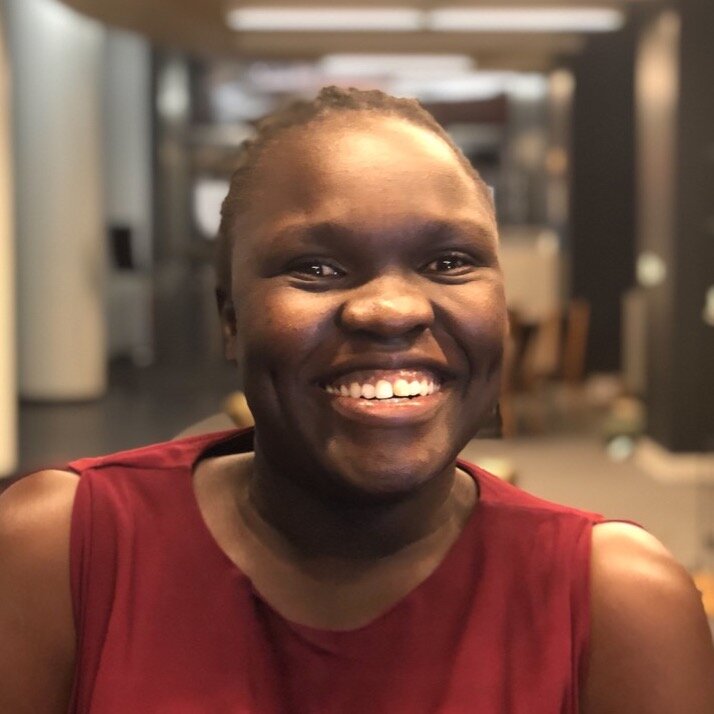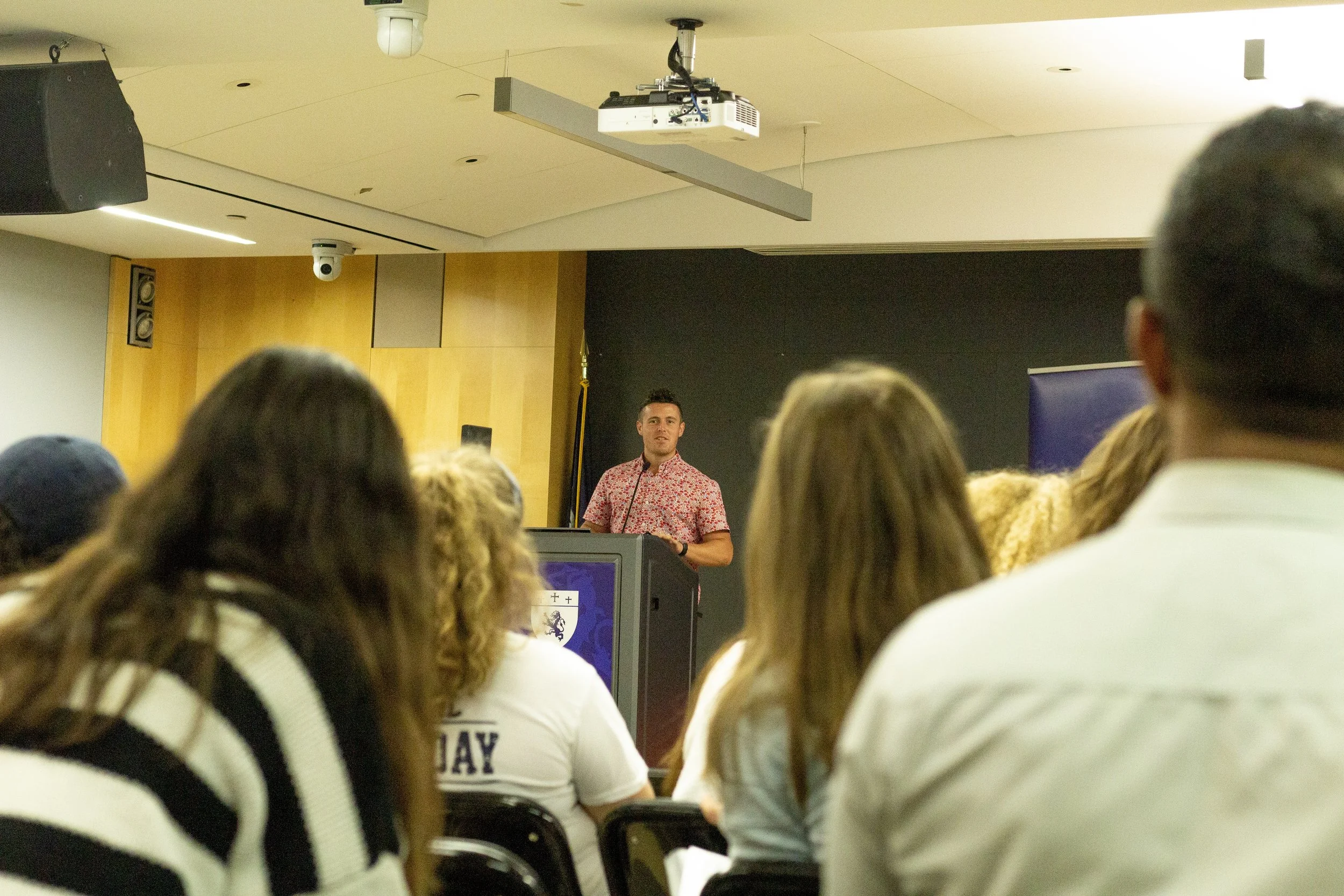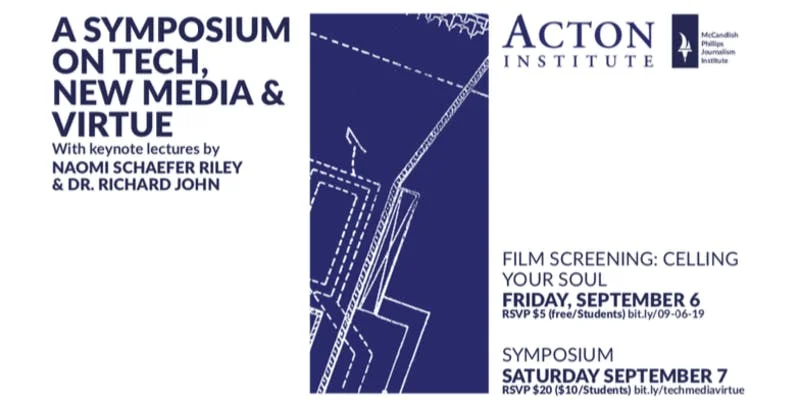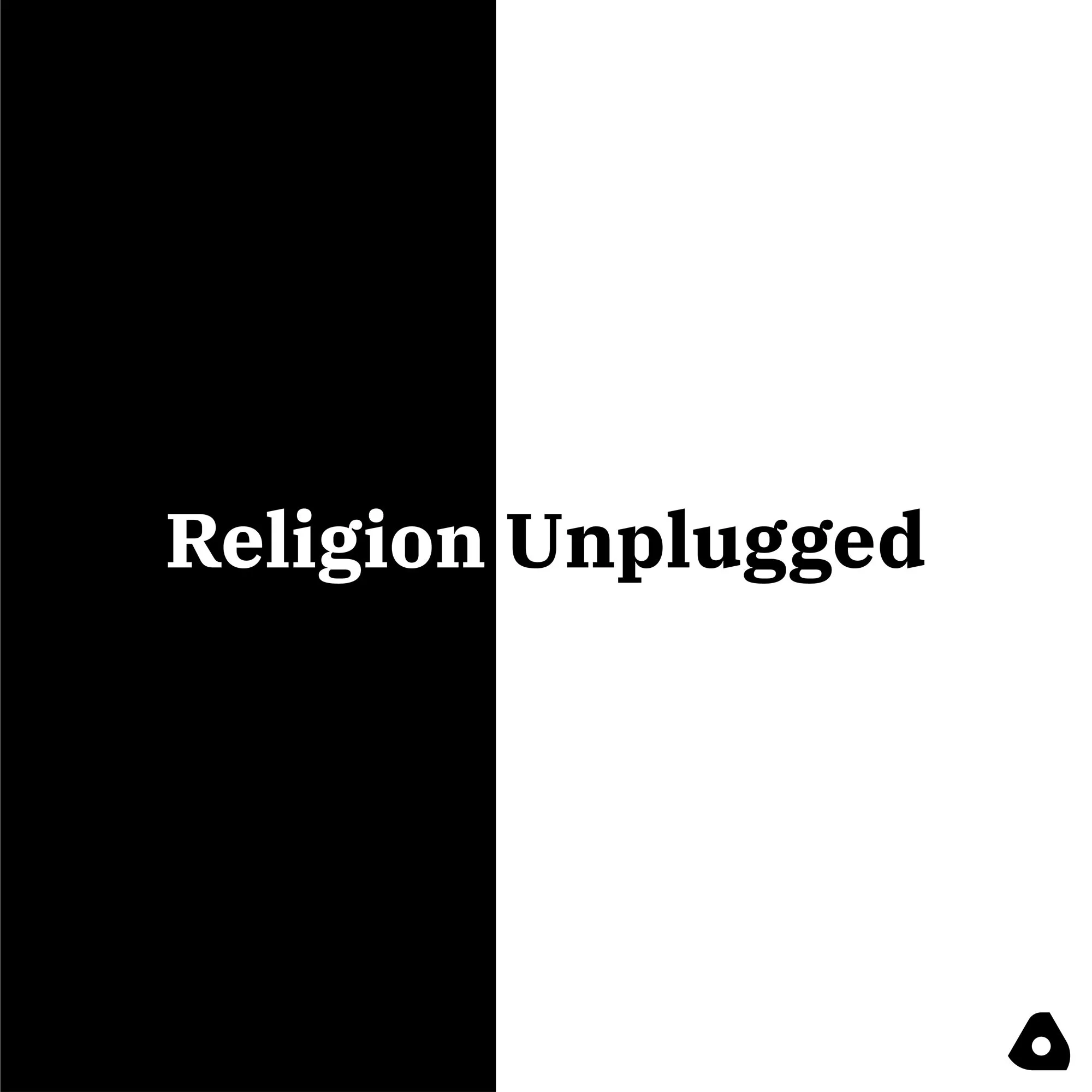Attention King’s students! Need a break from #KingsOnLion classes? Want to win up to $800? Enter the Summer Academy Social Media Challenge!
Why a contest?
We know Coronavirus has affected many plans (including our plans at MPJI to attend high school journalism conferences to speak and recruit for our Summer Academy program) … But we are still taking applications and planning to host an online Summer Academy at King’s. So we are asking current students at King’s to help. Let’s give high school students something to look forward to during this time of change.
How to enter:
Create a post on your favorite social media platform (TikTok, Instagram, Snapchat, etc.) spreading the word about Summer Academy. The goal is to spread awareness and drive signups.
Share the link: bit.ly/tkc-summer in your post.
Tag @TheKingsCollege and @JMPJournalism in your post. If your post is on a platform where King’s and MPJI don’t have accounts, just tweet @ us or email us a link to the post.
How to win:
Help generate the most Summer Academy applications (applicants should mention your name or social media handle in the “How did you hear about us?” section of their application)
Go viral! The post with the most likes, shares and comments will win a prize of its own.
Prizes:
1st Place: $800
2nd Place: $500
3rd Place: $200
Most Viral Post: $500
Automatic Winnings: $20 for every student who registers using your name!
About Summer Academy
Summer Academy (SA) is a week-long program hosted by The King’s College every July that offers high schools students the opportunity to earn college credit through workshops with our professors. While SA is usually offered in-person in NYC, this year SA will be going online. High schoolers will study big ideas, connect with other talented peers, and learn from professionals and industry leaders in New York City. This summer, Week One (July 12-17) will focus on philosophy, economics and finance while Week Two (July 26-31) focuses on journalism. Learn more at bit.ly/tkc-summer.
Deadline to Enter for Grand Prizes: May 1, 2020.
Deadline to Enter for Automatic Winnings: June 15, 2020.
We are excited to see the creative content you come up with. Ready, Set…Go!
Please contact phillipsjournalism@tkc.edu with any questions. Read the official contest rules here.
